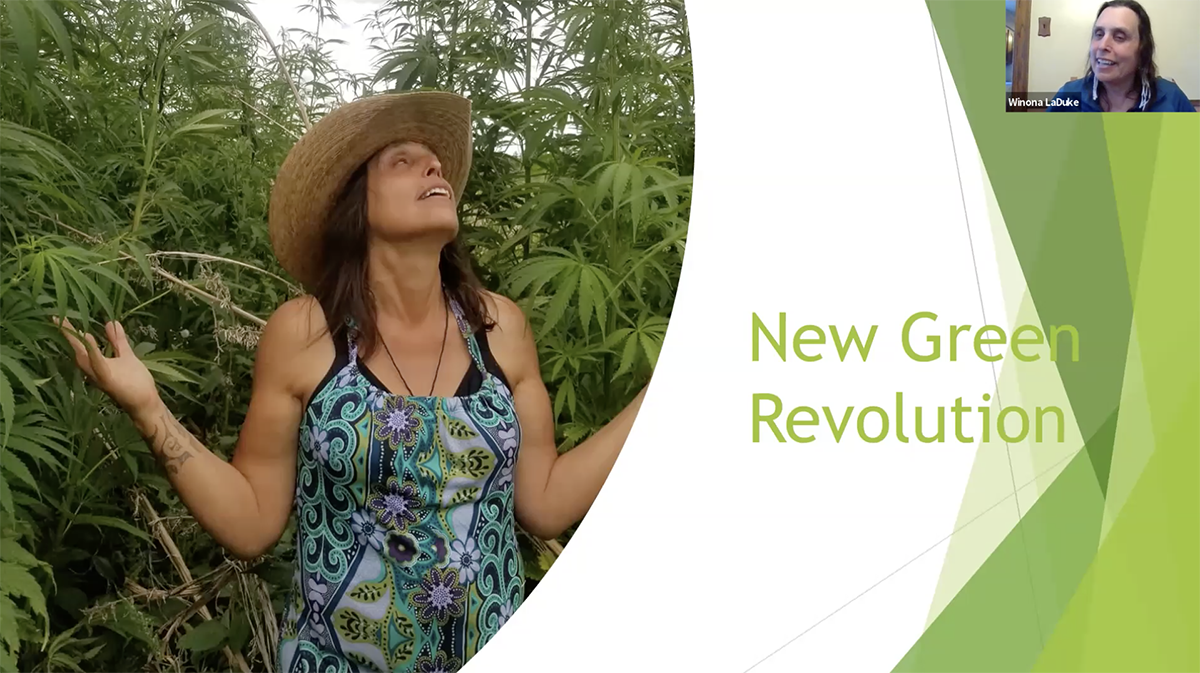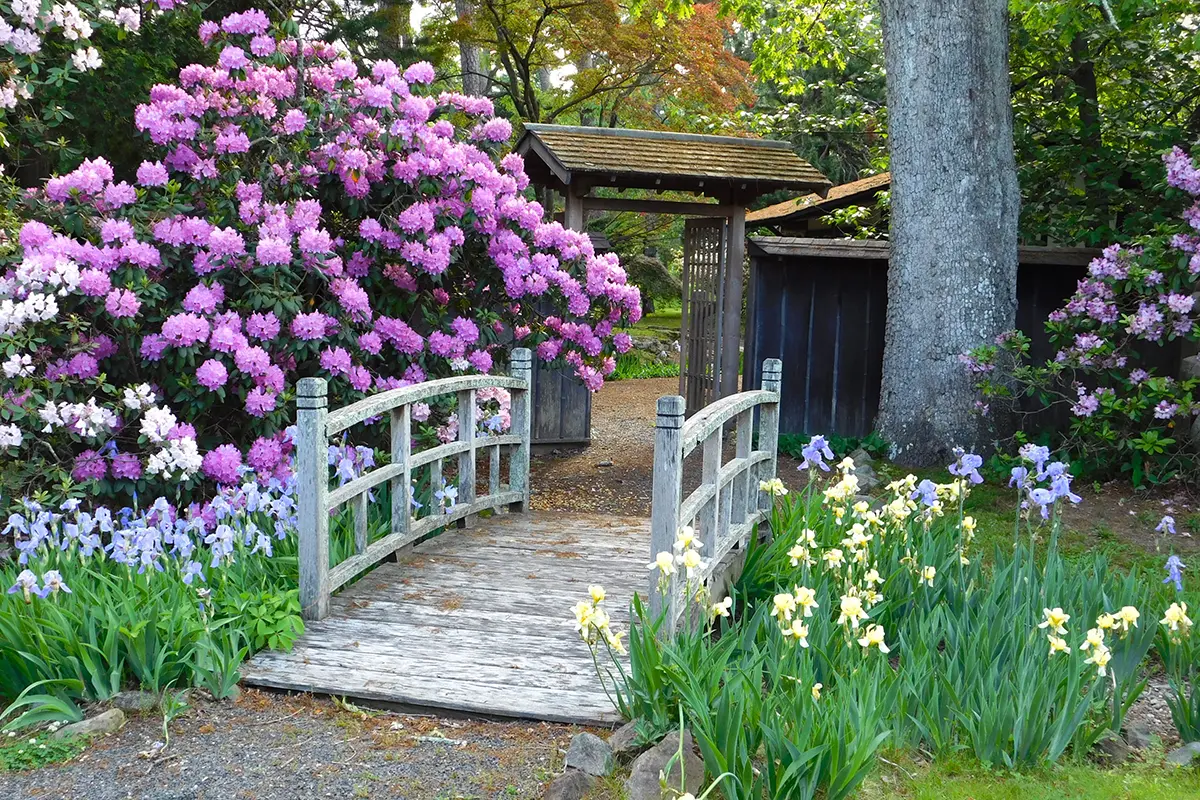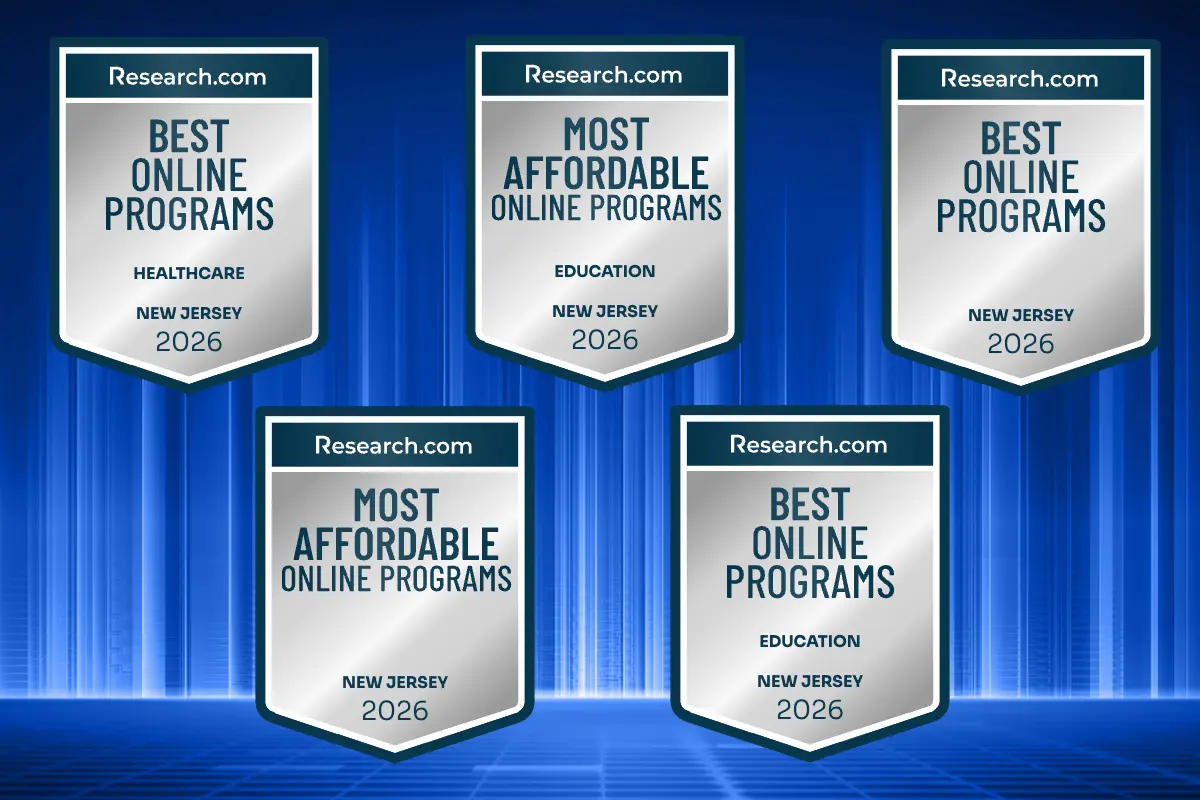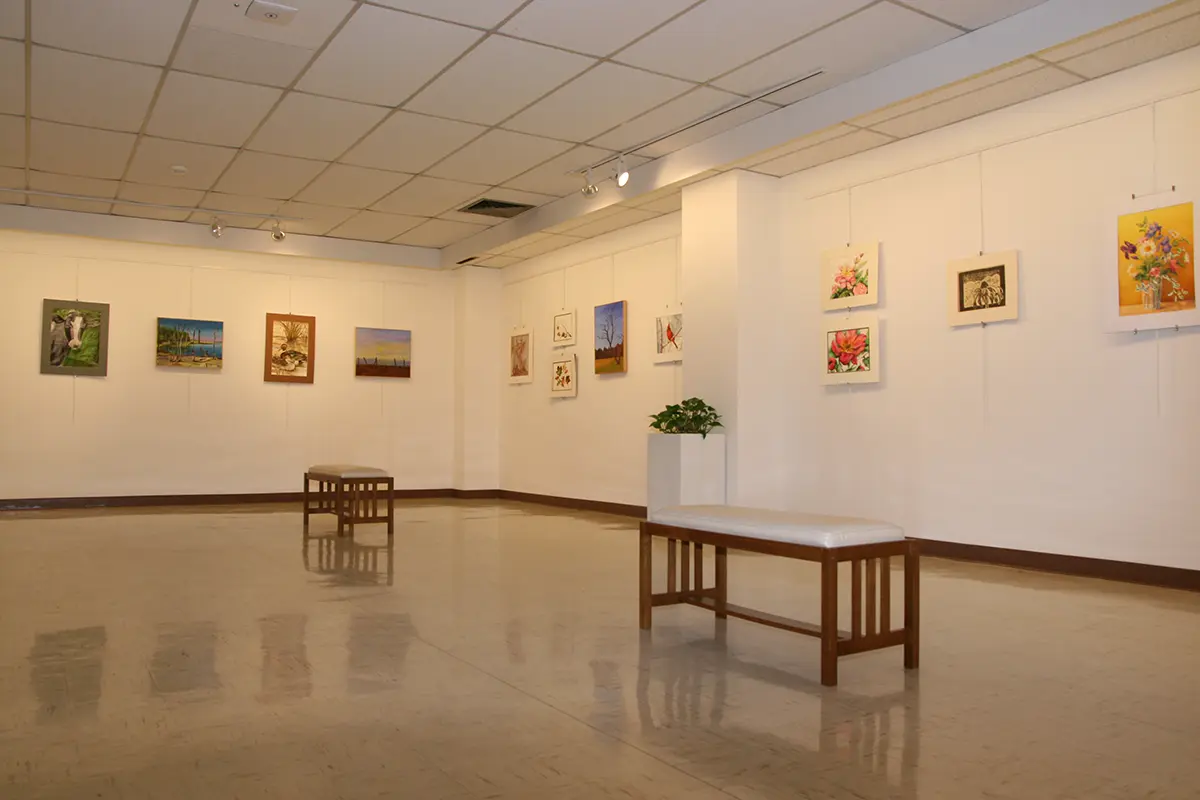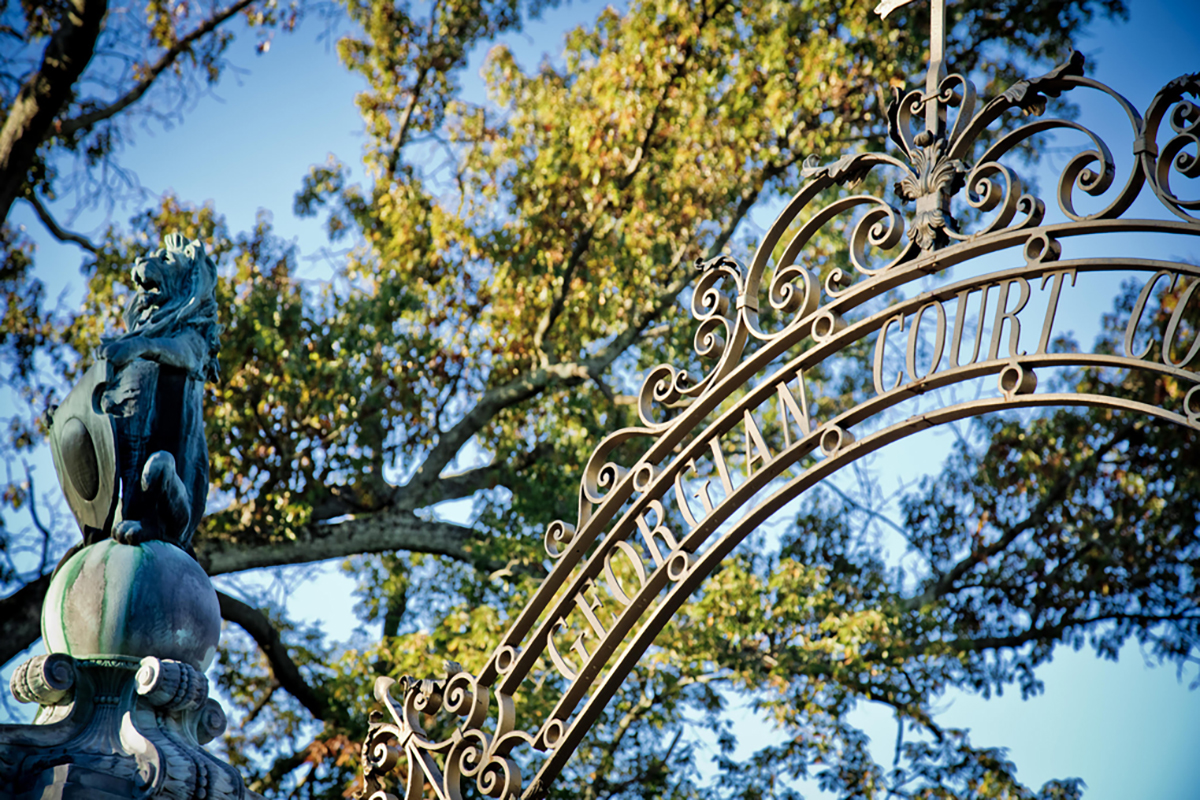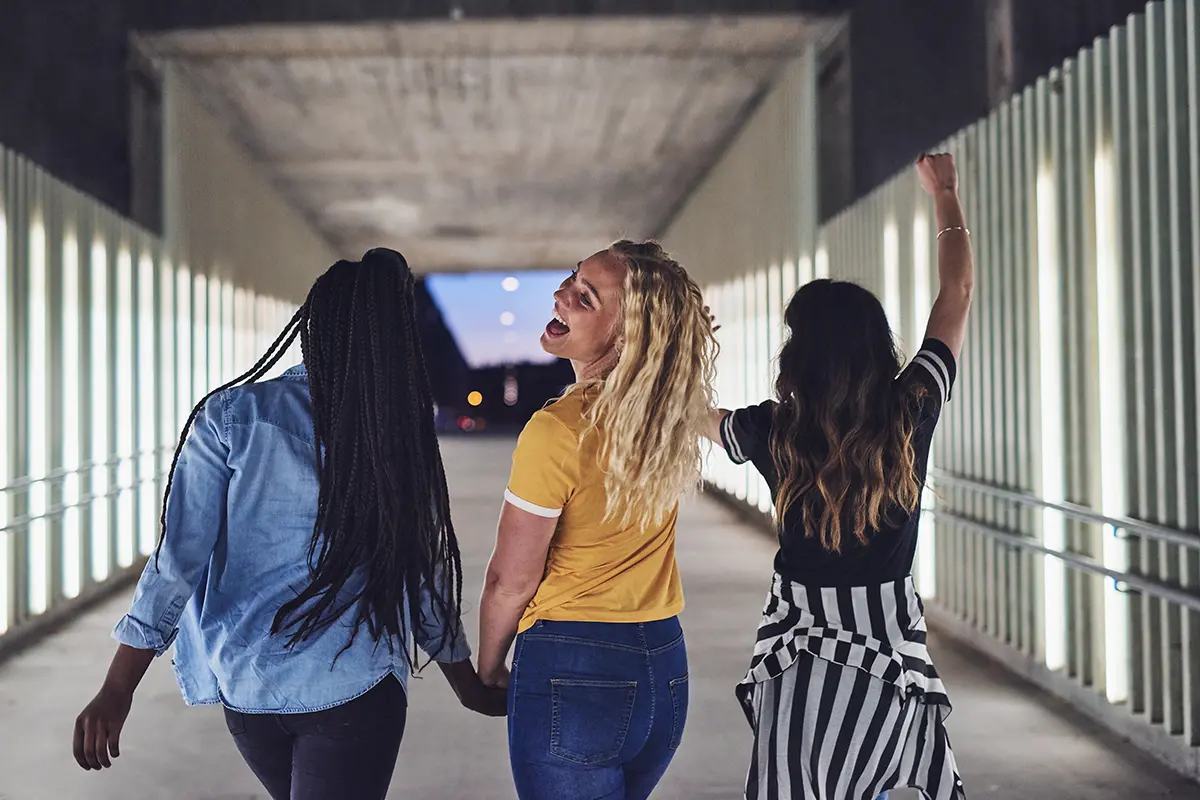A year after the global pandemic began, many people are eager for life to return to “normal.” Winona LaDuke, a leading expert on Indigenous economics, food, and energy policy and a two-time Green Party vice presidential candidate with Ralph Nadar, instead sees an opportunity for a “just transition.” Historically, pandemics have been social change engines. The aftermath of COVID-19, combined with the death of George Floyd and growing alarm over climate change, will not likely be an exception. None of us are thinking the way we did in 2019, she said, and “I’m not certain I want to go back to ‘normal.’”
On March 23, Ms. LaDuke gave the first of two keynote addresses for Georgian Court University’s Critical Concerns Week 2021. The program’s focus was on two Sisters of Mercy Critical Concerns, Earth and racism, through the lens of environmental racism. Before her presentation, (Waste) Deep, a dance choreographed and performed by GCU senior Tyler Rivera, along with GCU dance alumna Daria Raguseo ’20 and Jessica Totaro, artistically interpreted the harm plastic bags and bottles in our oceans cause to sea creatures.
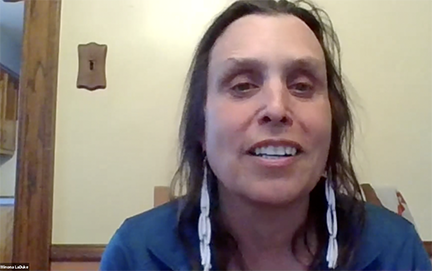
Ms. LaDuke challenged attendees to follow an Indigenous concept of living and working in ways that will benefit descendants seven generations from today.
“Two paths can be chosen,” she said. “One that is scorched and leads to destruction, or one that is new, green, and leads to Mino-Bimaadiziwin, or ‘the good life.’”
Forging a Path for a “Just Transition” via Advocacy
She’s been a trailblazer on this new path for decades, battling energy and agriculture giants while advocating a more sustainable way of life. She gave the Georgian Court audience several examples from her community, the White Earth Reservation in northern Minnesota. The reservation has a commercial hemp farm and uses solar thermal panels as an energy alternative. The community also provides support for local farms and has a commitment to biodiversity.
And there are partners who share Ms. LaDuke’s vision for a “just transition”—Slow Food leaders from around the world dedicated to restoring, honoring, and rebuilding food systems; the new Biden administration; and even an unlikely source—a growing number of women from “big agriculture.”
“The old boys are passing on the businesses they run to their daughters, who are not all their daddy’s girls,” she said. She added that the faith community, including Catholic activists, has been “very important and continues to be so. I appreciate all those fearless nuns and priests.”
Environmental—or any kind of—advocacy often intersects with civil rights, Ms. LaDuke said. She was among several people arrested in December 2020 for resistance against construction of the Enbridge Line 3 pipeline.
“I’m not a criminal,” she said. “I’m a water protector.” And recently, the tragic death of George Floyd, a fellow Minnesotan, has “opened up the dark, dark world of police corruption and is now shining a light on it.” People are becoming more aware of their rights, she said, with police being challenged—they just don’t get to stop anyone without probable cause.
Ms. LaDuke also gave some advice to those interested in advocacy: volunteer; be persistent; take care of yourself; and “be happy, dance a lot, and eat good food.”
Contributed by Sheila Noonan.

